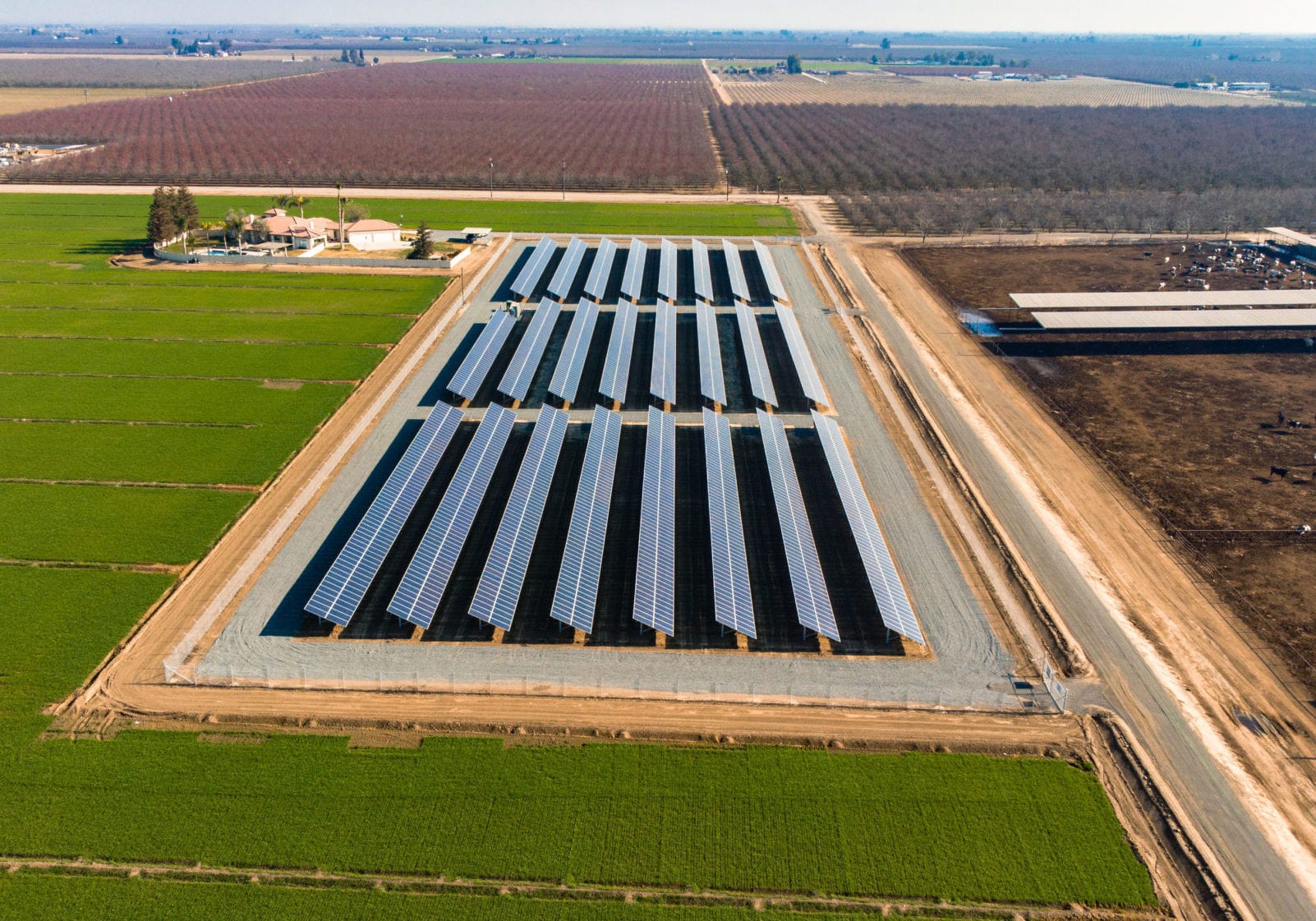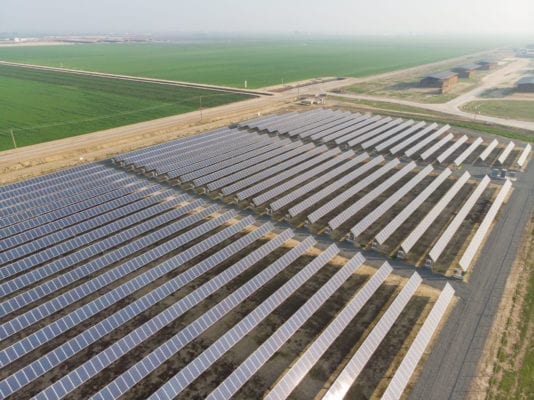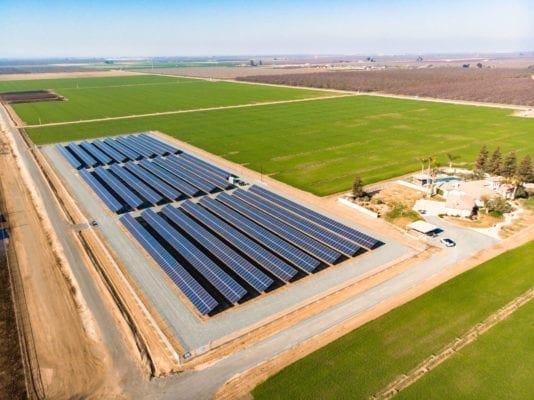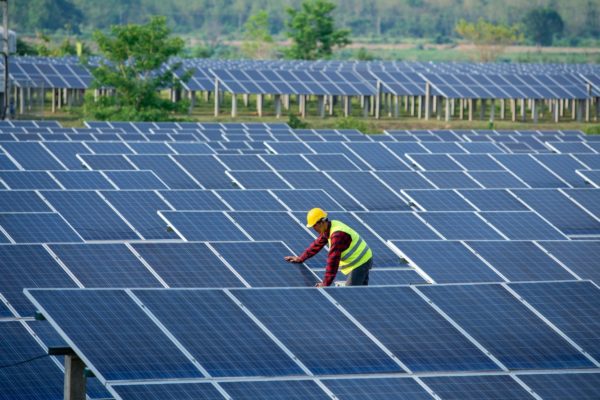
Small or large businesses can benefit from different programs offered by high authorities to help them save utility rates that continue to rise. These programs offer the chance to obtain funds to buy equipment and install sustainable energy sources, including wind, solar, and biomass.
Businesses that want to use solar energy can apply for a federal grant from the government. Those who believe solar power is out of their small business budget can seek assistance through these USDA grant programs. These initiatives make it simpler than ever to go solar and cut your company’s total cost.
Currently, the U.S. government provides an Investment Tax Credit of 30% for installing the system to support clean energy initiatives. Qualified people can benefit from additional savings initiatives in addition to this reimbursement.
Several federal ministries give grants to make the solar switch more affordable to encourage the expansion of solar power. The federal government does not directly award subsidies for home solar energy; instead, the departments fund rural and low-income communities, along with schools, tribes, farms, and charitable organizations.
These incentives provide cost-saving measures for those who need them most, as the average solar panel lifespan exceeds 20 years and electric bills are significantly decreased or removed entirely.
What are Solar Grants?

Public and commercial institutions are considering renewable energy as their top priority. Reducing investment costs for homeowners and companies is one of the best strategies to increase interest in cleaner energy sources.
These cost savings are offered in the form of solar subsidies in the United States, enabling regular Americans to economically install commercial solar panels on their houses and businesses. The most popular solar incentives in the U.S. are discussed below.
1. Net Metering Program
The net metering scheme is available in almost every state; it enables you to profitably sell excess solar electricity to your local utility company in exchange for credits rather than cash. With this unique incentive, you can cut your monthly electricity costs to zero.
Similar to the tax benefit, net metering helps in shortening the payback period for the solar P.V. system. Additionally, you won’t need to buy battery storage for your solar installation if you use net metering.
2. Federal Solar Tax Credit
This tax credit allows the customer to use up to 30% of the cost of their solar installation to pay off their annual IRS bills. If your P.V. system costs $10,000, you can save an astounding $3,000 on taxes.
Consider this solar incentive as a one-time gift card. It immediately lowers the initial cost of your P.V. installation, enabling you to shorten the time it takes for your investment to pay off.
3. Feed-in Tariff for Solar
Feed-in tariffs enable you to profit from your solar electricity similarly to net metering. However, receiving real money, not just credits, is occasionally feasible under this incentive. One of the most attractive incentives on our list, you will also be permitted to sell your solar energy for above-market prices. However, not all states offer solar feed-in tariffs.
4. Programs for Solar Rebates
Similar to refunds for other consumer purchases, solar rebates operate the same way. You purchase a brand-new P.V. system, fill out a form, and get your money back. It’s a fairly easy method for lowering installation up-front installation cost by 5% to 20% or more.
5. Additional Solar Incentives
There are also other incentive programs available besides those mentioned above. You can benefit from a variety of other incentive programs. Governments provide grants along with tax benefits, low-interest loans, rebates, exemptions of permit fees, and inexpensive or complimentary services like assistance with building planning.
Additionally, non-government organizations like foundations and utility companies fund solar energy initiatives. In California, over 70 solar energy incentive schemes are listed by DSIRE and hundreds more in other states.
Who Can Get a Grant for a Solar Farm?
People can get a solar grant to a small solar farm as the federal government has initiated the above-mentioned programs to increase awareness and support for clean energy.
What are Solar Loans?

Solar loans are the power saver program of FHA. The cost of installing solar panels in a house can be reduced with the help of several home equity loans. These loans fundamentally function as equity loans and lower the property’s equity.
Homes can likely save more on their electric bills than they will have to pay in loan payments because of the structure of the loans, making them a very attractive value, especially when you include in the 30 to 22 percent tax credit that is available:
- Terms typically range from 7 to 20 years.
- The range of interest rates is 3.5 to 7.5 percent.
- Taxes may be deducted from interest.
Following are a few of the most common types of loans for solar energy:
FHA Power Saver
The Federal Housing Administration’s PowerSaver program enables homeowners to make energy and cost-efficient home upgrades, such as installing solar power systems. Homeowners can borrow up to $25,000 and have up to 20 years to complete any energy upgrades that HUD and FHA have approved.
Thermal and photovoltaic solar systems are both eligible solutions. Private lenders provide up to 90% of the loan, and FHA insures it. When buying or refinancing a property, homeowners with an FHA 203(k) first mortgage are also qualified to use the PowerSaver program. Candidates must have a minimum credit score of 660 and be ready to pay a fixed interest rate between five and ten percent.
Loan for Multi-Family Housing
This loan is for rural rental housing and was designed by the USDA for very low-income, low-income, and moderate-income families, as well as for elderly people and people with disabilities.
The initiative offers to finance owners seeking to install solar energy systems in rural areas to direct mortgages. It has a 30-year payback period exists.
Electricity Service Program for Rural Utilities
This program functions as a loan and loan guarantee service. It provides funding for a variety of projects, including the transmission, development, and generation of renewable energy systems. Businesses, territories, states, people’s utility districts, municipalities, and nonprofit organizations are eligible to apply, but individuals are not. The amount depends upon the particular loan application.
Why Should You Go Solar?

Solar energy is perfect for various projects, and you can install it on any structure of your property. If you invest in solar P.V., you are sustainably producing electricity for personal or commercial use.
You can assure significant savings for your company by utilizing the farm grant program for renewable energy to purchase solar energy for your small solar farm.
You can use the energy the sun provides by installing solar P.V. panels. Even on cloudy days, solar P.V. kits depend on sunlight rather than heat from the sun to operate.
P.V. panel system is the most affordable, straightforward, and clean renewable energy technology. Both new and old structures can easily be equipped with solar panels.
Solar energy is not only cost-effective and environmentally friendly, but it also saves electricity. You can use solar energy to power up your home or commercial building. It provides free and clean energy for a lifetime.
You can become more self-reliant by using solar energy. If you reside in a remote area, you may experience power outages or cuts more often. Installing solar panels for your home provides relief, and you won’t have to worry about power outages anymore.
USDA Solar REAP
Solar power is a terrific method to provide clean energy to power farms, and it is a great way to save money. REAP was finally created after extensive research and development to facilitate small businesses to switch to green energy.
The United States Department of Agriculture has implemented the REAP program. Grants and loans are available through the Rural Energy for America Program. Essentially, this program is a government incentive meant to help farmers, small and rural companies, and other businesses install new solar systems and improve their energy efficiency.
This program issued loans and grants totaling $63 million in 2015 alone. You can apply for this incentive whether you own a small or large business.
The U.S. government has helped many individuals install their own solar plants. This initiative is to promote sustainable growth of green energy and to reduce the use of fossil fuels that have a grave impact on climate change.
A lot of new citizens have started considering adopting solar technology, and these incentives, loans, and funds have escalated the number of solar users over time. It has proven to be the most effective initiative driving people toward sustainable and clean energy.
Making energy-efficient upgrades can increase the profitability of your farm if you want to finance and install solar panels. Grants from the federal government help you in switching to solar energy can appear challenging and time-consuming. The narrative-based nature of applications makes them time intensive to write.
Learn More About Investing in Solar Farms with Coldwell Solar

Solar energy has been in business for years, and you can finally consider installing it to reduce your energy costs. Today, solar power is one of the most widely used methods of generating electricity. In terms of popularity and rate of adoption, it has surpassed conventional power sources like coal.
It would be better if you leave the installation process to experts, who do their job for you. Contact Coldwell Solar for further information

